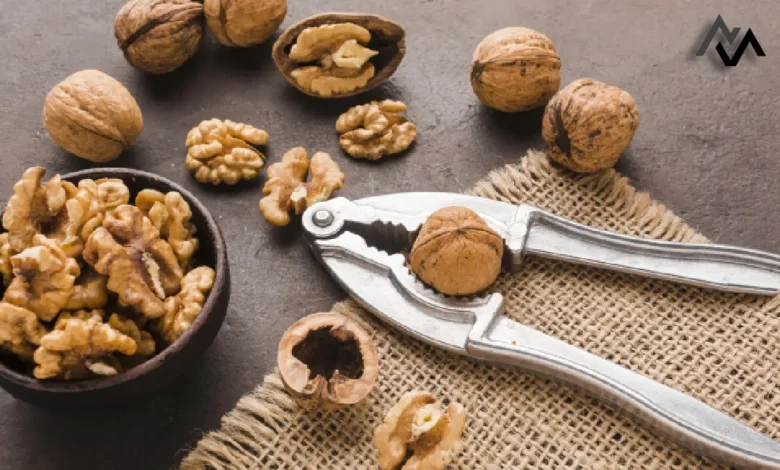The Right Way to Eat Walnuts: Unlock Maximum Nutrition

Walnuts, often referred to as a superfood, are a powerhouse of essential nutrients, including omega-3 fatty acids, antioxidants, vitamins, and minerals. Despite their many health benefits, the way you consume walnuts can significantly affect their nutrient retention and how much your body can absorb. Let’s explore the most effective methods to enjoy walnuts while maximizing their nutritional value.
Why Are Walnuts Important for Health?
Walnuts are more than just a crunchy snack; they’re a versatile ingredient loaded with benefits. Regular consumption can improve heart health, enhance brain function, and even reduce inflammation. Packed with essential fatty acids and dietary fiber, walnuts also support digestive health, aid in weight management, and improve overall vitality.
However, to fully reap these benefits, it’s crucial to understand how to prepare and eat them correctly. Improper handling can diminish their nutrient content, making this guide essential for all walnut lovers.
The Correct Way to Eat Walnuts
To retain the nutritional integrity of walnuts, follow these tips:
1. Soak Walnuts Before Eating
Soaking walnuts in water is a simple yet effective way to unlock their maximum potential. Raw walnuts contain phytic acid, an anti-nutrient that can inhibit the absorption of essential minerals like calcium, magnesium, and zinc. By soaking them for 6–8 hours (or overnight), you reduce phytic acid levels, making the nuts easier to digest and their nutrients more bioavailable.
Additionally, soaking enhances the texture of walnuts, making them softer and more palatable.
2. Avoid Roasting at High Temperatures
Roasting walnuts may enhance their flavor, but high heat can destroy the delicate omega-3 fatty acids and antioxidants they contain. If you prefer roasted nuts, opt for low-temperature roasting (around 150°C or 300°F) for 10–15 minutes. This method preserves most of the nutrients while enhancing the flavor.
3. Store Properly to Prevent Rancidity
Walnuts are rich in polyunsaturated fats, which makes them prone to oxidation and rancidity when exposed to heat, light, or air. Always store them in an airtight container in a cool, dry place. For long-term storage, consider refrigerating or freezing them to preserve freshness.
4. Pair with Complementary Foods
To enhance nutrient absorption, combine walnuts with foods rich in vitamin C, such as oranges or berries. The combination helps your body absorb iron and other minerals more effectively. Additionally, pairing walnuts with healthy fats like olive oil or avocado can further boost their nutritional benefits.
Additional Tips for Incorporating Walnuts Into Your Diet
- Morning Booster: Add soaked walnuts to your morning smoothie or yogurt for a protein-packed start to the day.
- Salad Topping: Sprinkle chopped walnuts over salads for added crunch and a nutritional boost.
- Healthy Snacks: Mix walnuts with dried fruits for a quick, energy-boosting trail mix.
- Baking Substitute: Use ground walnuts in baking recipes to replace unhealthy fats or add richness to your dishes.
The Nutritional Power of Soaking and Peeling
Did you know the outer skin of walnuts contains tannins, which might impart a bitter taste? Soaking not only makes peeling easier but also reduces the bitterness, making walnuts more enjoyable to eat. However, if you don’t mind the slightly astringent flavor, you can consume the skin as it’s also packed with antioxidants.
How Many Walnuts Should You Eat Daily?
While walnuts are incredibly nutritious, moderation is key. Experts recommend consuming 4–6 whole walnuts per day. This amount provides essential nutrients without excessive calorie intake. Overeating can lead to unwanted weight gain due to their high caloric density.
Conclusion: Small Changes, Big Benefits
By adopting these simple practices—soaking, proper storage, low-temperature roasting, and mindful pairing—you can retain the nutrients in walnuts and maximize their health benefits. As part of a balanced diet, walnuts can support your journey toward better health, offering everything from improved brain function to enhanced heart health.
Make walnuts a staple in your diet, but always focus on quality and preparation methods to ensure you’re getting the best they have to offer.




